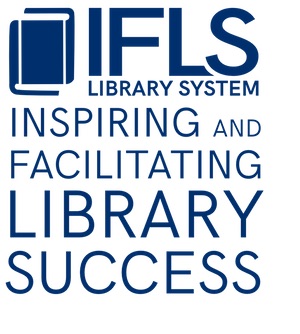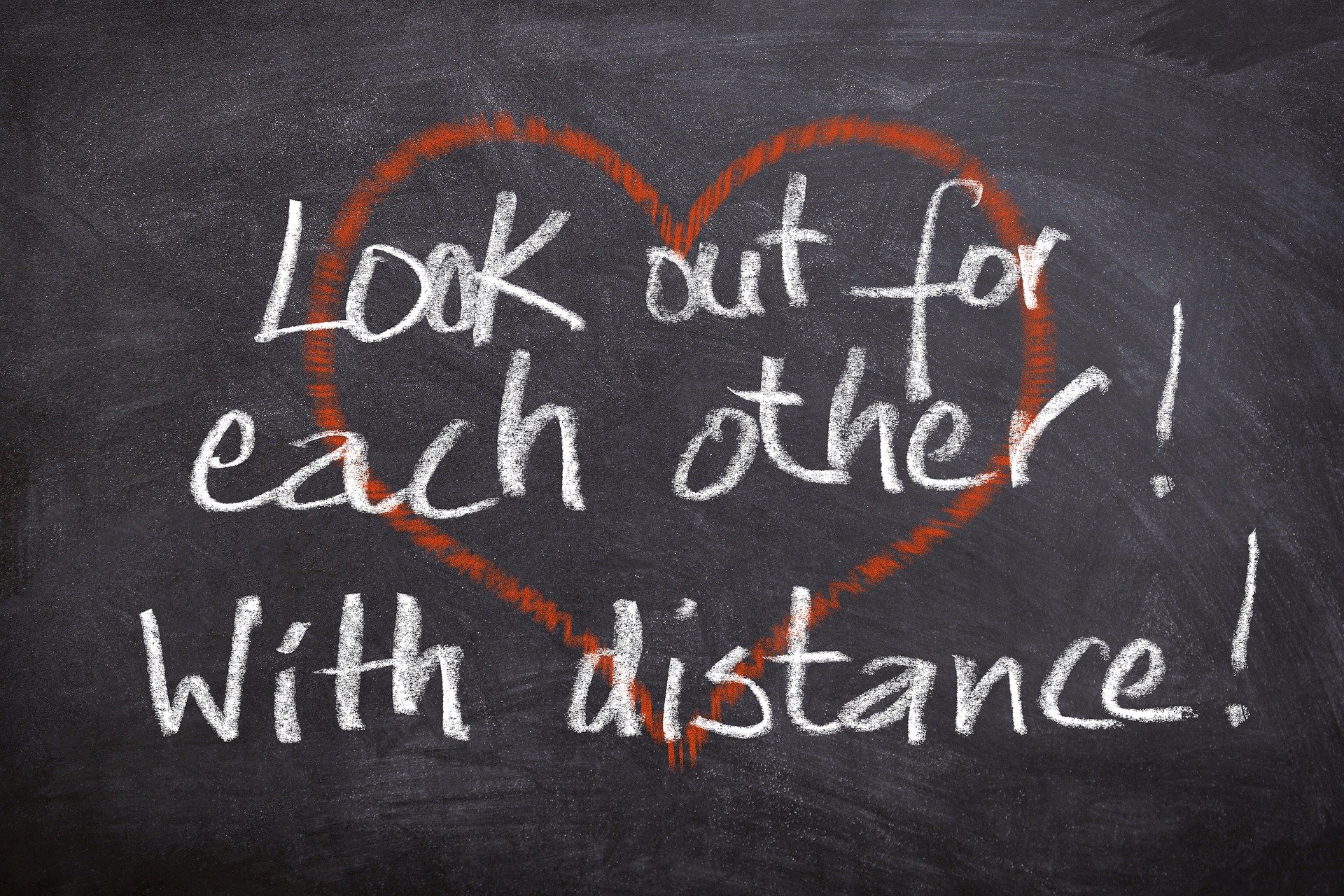Yesterday the youth services librarians of IFLS-land gathered for our weekly virtual check-in. It is always great to see everyone and hear what they are thinking about, working on, planning. Here are some things that stood out from that session that bear further rumination for everyone (so I’m including it in the COVID 19 Blog and the Keeping Up with Kids Blog)!
- Everyone is providing a lot of services that may or may not be counted on the annual report. My advice? Please stop worrying about the Annual Report. It is important to keep statistics for it (right now, live attendance at programs should be counted for those purposes). But please know, this is a weird year, and it won’t be useful for comparisons to other years to measure how you are doing. The important thing now is to think about what your community needs and try to provide it as well as possible in the circumstances. Keep track of what you are doing, and any feedback/data you can collect. The story we tell about this year may not be very well reflected in Annual Report statistics, but it will be an important story nonetheless.
- Related to this: this morning’s YSS Blog post (from Sue Abrahamson at Waupaca Public Library) is excellent and thoughtful. She talks about using her library’s strategic plan to help guide their efforts during this crisis, which puts the focus squarely on the community and not on the library or the Annual Report. She has some great ideas about services for people who are not online, and she questions whether it is developmentally appropriate to provide 30-45 minute online storytimes for preschoolers and provides some alternative ideas. Check it out!
- As we are moving some of our programs online and have more of our interactions on social media, it is important to think about how to make those services as accessible as possible–describing images and captioning videos at least. Lindy from Rice Lake created a guide for describing images on social media so that screen readers can capture them (Thanks, Lindy!).
- Folks are thinking about the upcoming summer and what needs to happen, what changes might need to be made. Some libraries are already working with the school district to find out what they are doing, whether or not the library can include information, SLP logs, resources, etc. to kids who are getting meals from school. It’s not too early to reach out to find out what might be possible. I’m wondering about food pantries, grocery stores, and laundromats as additional ways to connect with people about summer offerings. Some folks are working on finding online ways for kids to participate in reading or learning challenges, Laura from St. Croix Falls has found a few open source platforms The Great Reading Adventure and Book Points), and please note that there may be a statewide initiative to help support online learning challenges–we will hopefully have more information about that soon.

